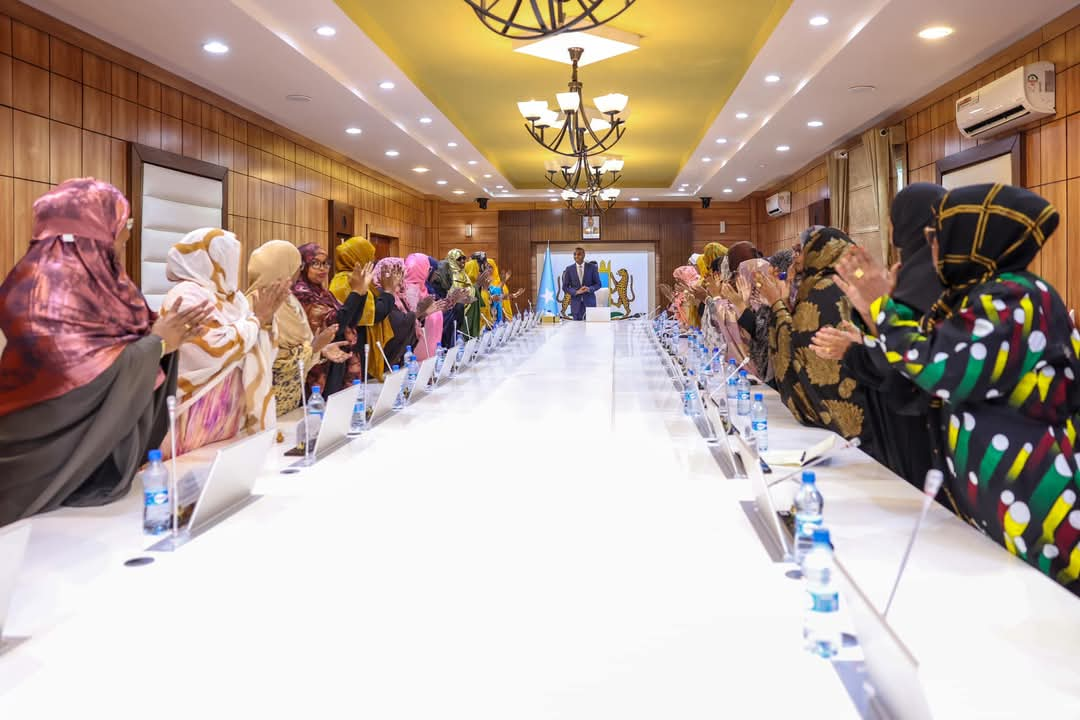Developers and companies including those overseas are finding ways to monetise Africa’s gamer base through innovative payment systems, ads, and partnerships.
By Seth Onyango, bird story agency
Gamepreneurs across Africa are converting millions of casual players into paying customers as the continent’s gaming market looks on track to hit double-digit growth.
Figures from Indian-headquartered research firm Astute Analytica show the market will swell north of US$10.81 billion by 2033 at an annual growth rate of 19.96% during the forecast period 2025–2033.
This year, the gaming market within the region is projected to exceed US$2.1 billion in revenue with notable markets such as Nigeria and South Africa worth US$249 million and US$236 million respectively.
Developers are driving this growth with smart payment models, hyper-localised games, and partnerships that align with Africa’s unique market dynamics.
Mobile payment systems like M-Pesa, Airtel Money, and MoMo will continue to improve monetisation by making small, seamless transactions possible for players without traditional banking access over the next decade.
Developers are also slashing reliance on credit cards, instead using carrier billing to roll purchases into mobile phone credit.
Xsolla, a global payment provider, estimates these methods have tapped into over 440 million users, giving developers unprecedented access to Africa’s growing gaming audience.
Game studios are tailoring content to fit the continent’s realities, focusing on hyper-casual games designed for quick, repeat play on older devices and in low-data environments.
These titles address the challenges of patchy connectivity and power interruptions, turning everyday moments—like a short commute or a blackout—into gaming opportunities.
In 2023, the e-sports start-up Gamr reported 300,000+ players across 24 African nations, highlighting connectivity as a key growth barrier.
Most developers hope emphasising accessibility and retention will help capture a fragmented but highly engaged market.
Meanwhile, ads for play have gained traction in Africa, driving additional revenue streams for developers who are moving beyond intrusive banners and embedding ads directly into gameplay.
This strategy taps into Africa’s youthful, mobile-first audience while delivering measurable returns for advertisers.
With the esports market gaining momentum, sponsorship dollars are also flowing into tournaments hosted by platforms like Carry1st.
These remote competitions, run through smartphones, are cutting costs and reaching gamers across the continent, driving deeper engagement.
Localised content is giving African developers an edge. Studios like Maliyo Games in Nigeria and Usiku Games in Kenya are creating games that resonate with players through themes rooted in folklore, urban life, and cultural humour.
These not only build player loyalty but also outperform generic global imports in retention and revenue, according to PwC’s African Entertainment Outlook.
Spotty internet and high data costs haven’t slowed growth, thanks to lightweight game designs optimised for low-spec devices.
As of 2023, nearly 74% of the African population used mobile broadband, mostly powered by 3G and 4G technologies with the advancement of 5G also on the rise in countries such as South Africa, Nigeria and Kenya.
“For example, more than 164 million people in Nigeria are internet subscribers over 45.3 million South African citizens with internet subscriptions. This will allow gamers to utilize multiplayer games, e-sport platforms, and cloud gaming services that require a steady and continuous supply of strong internet,” Astute Analytica said.
Some studios are experimenting with alternative reward systems, offering tangible perks like mobile data or discounts for in-game achievements.
By prioritizing microtransactions, data-efficient games, and culturally relevant content, developers are crafting a market model uniquely suited to local needs.
Over the next decade, mobile gaming will lead the charge, reflecting Africa’s mobile-first economy and offering scalable solutions for revenue generation, according to the research firm..
Along with online gaming, cloud gaming also stands to gain from the improvement in internet infrastructure.
“Just as there is an estimated 1.2 million African gamers using cloud-based gaming services in 2023, it is about time that Microsoft’s Xbox Cloud Gaming and Nvidia’s GeForce Now amass a significant user base, which seems to be the case that is slowly developing,” Astute Analytica said.










